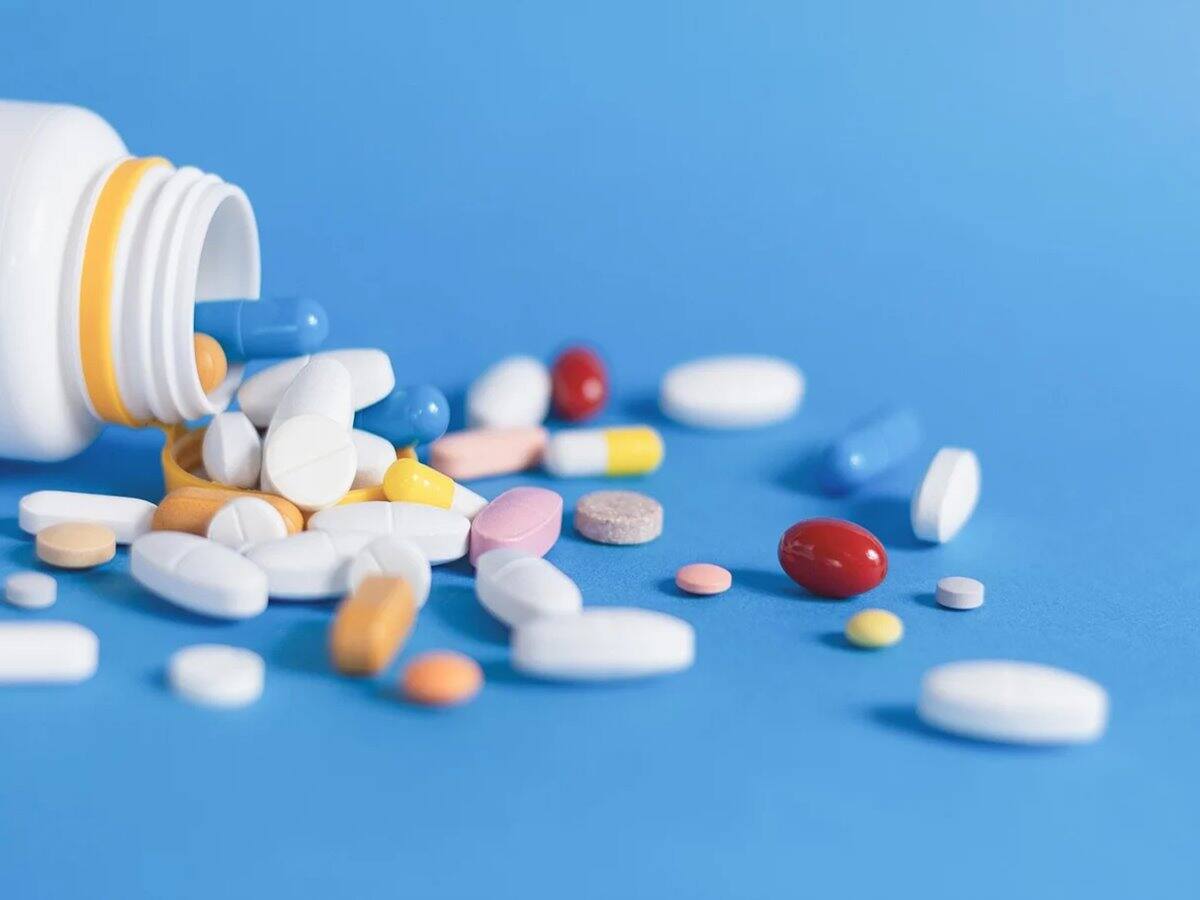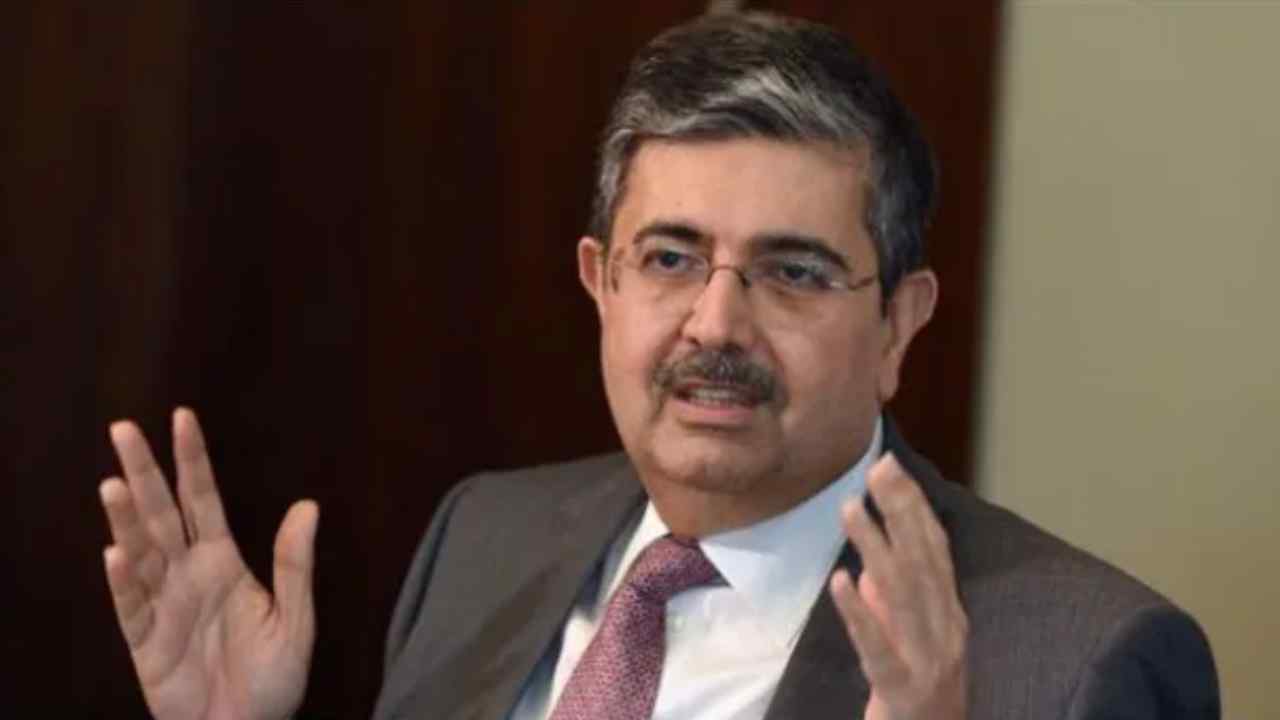Quality Control Concerns: 53 Medicines Fail Indian Drug Regulator’s Tests
In a concerning development for public health, the Central Drugs Standard Control Organization (CDSCO) of India has reported that 53 widely used medicines have failed quality testing. This situation has raised alarm bells, particularly because the list includes essential medications such as calcium and vitamin D3 supplements, anti-diabetes pills, paracetamol, and antihypertensive drugs.
The failure of these medicines has been documented in the CDSCO’s latest monthly drug alert list, which is generated from random sampling conducted by state drug officers. Among the notable products that have failed quality control are vitamin C and D3 tablets, the antacid Pan-D, paracetamol 500 mg tablets, the anti-diabetic drug Glimepiride, and the high blood pressure medication Telmisartan.
Medicines Failing Quality Standards
| Medicine | Type |
|---|---|
| Calcium and Vitamin D3 supplements | Supplement |
| Glimepiride | Anti-diabetes |
| Paracetamol tablets IP 500 mg | Analgesic |
| Telmisartan | Antihypertensive |
| Metronidazole | Antibiotic |
Manufacturers Involved
The affected medicines are produced by several pharmaceutical companies, including:
- Hetero Drugs
- Alkem Laboratories
- Hindustan Antibiotics Limited (HAL)
- Karnataka Antibiotics and Pharmaceuticals Limited
- Meg Lifesciences
- Pure and Cure Healthcare
Notably, Metronidazole, a common antibiotic for treating stomach infections, has also been found to be substandard, manufactured by state-owned Hindustan Antibiotic Limited. Furthermore, the calcium supplement Shelcal, distributed by Torrent Pharmaceuticals and produced by Pure and Cure Healthcare, also appears on the fail list.
Allegations of Counterfeiting and Quality Issues
In a disconcerting turn of events, a Kolkata-based drug-testing laboratory has identified Alkem Health Science’s popular antibiotics, Clavam 625 and Pan D, as counterfeit. Hetero’s pediatric drug, Cepodem XP 50 dry suspension, was also flagged as substandard, posing significant health risks to children suffering from severe bacterial infections. Additionally, paracetamol tablets from Karnataka Antibiotics and Pharmaceuticals Ltd have been raised for quality issues.
Pharmaceutical Companies’ Responses
The pharmaceutical companies implicated in this alert have responded to the findings by claiming that the affected batches are counterfeit and not manufactured by the actual producers as stated on the labels. Their statements reveal a lack of accountability, indicating that an investigation is ongoing. The companies emphasize, “The actual manufacturer has informed that the suspect batch of the product was not manufactured by them and is considered a counterfeit drug.”
Conclusion
This current crisis surrounding the 53 medicines highlights an urgent need for stringent quality control measures in the pharmaceutical industry. As consumers, it is imperative to remain vigilant about the medications we take and ensure their safety and efficacy by sourcing them from reputable suppliers.











